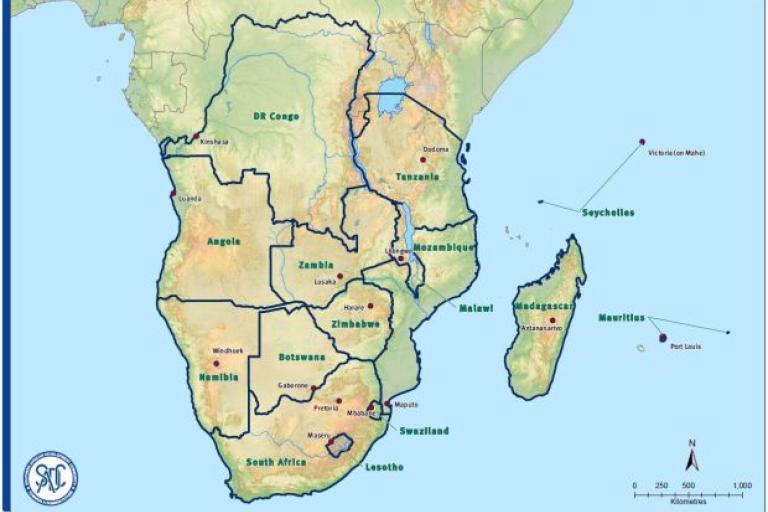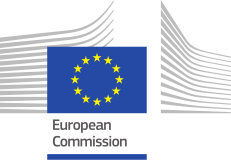

- Disaster Risk Reduction
- Global Framework for Climate Services
- Capacity Development
Project background
FOCUS-Africa aims to deliver tailored climate services in the Southern African Development Community (SADC) region in four key sectors: agriculture and food security, water, energy, and infrastructure. The full-value chain of climate services will be demonstrated by piloting eight case studies in six countries involving a wide range of end-uses and beneficiaries. The case studies will illustrate how the use of climate science, forecasts and projections can maximize socio-economic benefits to specific national private and public sectors in the region. Pathways to scale-up the pilot cases are included for the whole Africa continent through the Regional Climate Fora.
The SADC countries are particularly vulnerable to climate variability, change and extremes: particularly water resources, agriculture, hydropower generation, ecosystems, and basic infrastructures are under stress as a result of increased frequency and intensity of floods, droughts and landslides. The development of improved climate information and forecasts of decision-relevant parameters are essential to address these challenges. Tailor forecasts such as rainfall onset and cessation are regularly requested by users, along with the associated skill information. Development and delivery of such products and services, and evaluation of socio-economic benefits are central to FOCUS-Africa.
Both the science and the applications are targeted at specific requirements, capture through engagement with end-users through ongoing projects and consultations. Project end-users are either based, or have operations in Africa, and will therefore provide guidance on both the implementation and assessment of the case studies, and the ensuing delivery of the FOCUS-Africa climate services. Co-production between end users, climate scientists and sectoral service providers will also ensure effective delivery of climate services.
The project will not only benefit the SADC-based users, but the European consortium partners will also greatly enhance their knowledge in both the science and climate services provision.
Objective(s)
The project has three main objectives:
- To advance the way in which climate information (from historical records to seasonal forecasts and projections, also exploring decadal forecasts) is processed and used in decision-making, including policy-making for its direct uptake by the regional and national climate services providers;
- To characterize end-use requirements through regular engagement with stakeholders and active players in the sectors, and ensure that lessons learned are upscaled to other countries in Africa, but also Europe, and other regions of the world, measured via standard analytics;
- To contribute to the advancement of the scientific knowledge via publications and reports such as those relevant for the IPCC, through the innovative science developed by FOCUS-Africa in support of improved ways to use climate information such as better identification and characterization of extremes for historical period and calibrated multi-variable approaches to climate predictions and projection
Outputs
FOCUS-Africa is built around end-user formulated case studies, or pillars, conceived so that:
- Each case study will encompass end-to-end articulation of the climate services value chain from climate information system operations to co-development of products with end-users, application, communication and dissemination of those products, user feedback, and evaluation of associated costs and benefits.
- Each case study will include an assessment of how such value chains can be operationalized through WMO operational infrastructure in support of sustained country-level service delivery on regional and global scales.
The co-design, development, delivery and communication of these case studies will be served by eight Work Packages which focus on assessing the users' climate-related challenges and risks, understanding regional climate processes, developing methods and tools, creating prototypes of end-user tailored climate services, assessing their economic value and exploiting results, and capacity building. These six work packages are strongly complemented by a cross-cutting and critical work package on stakeholder engagement, communication and dissemination, and one on project management. Each work package is contributed to by multiple partners, spanning the full climate service value chain in order to guarantee that feedback is considered as early as the development stage.
- Region:
- Region I: Africa


